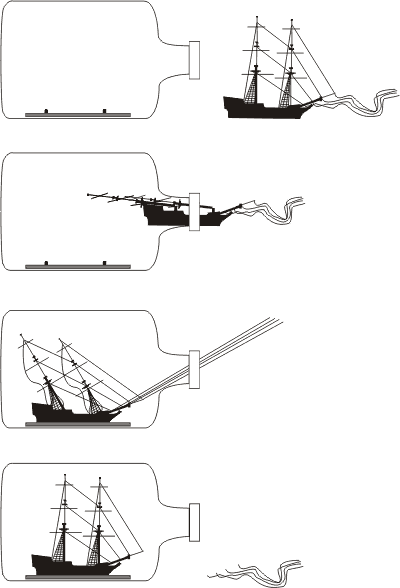We’ve talked before about how “Social movements produce their own problematic at the same time as they are formed by them.” Then recently, in an as yet unfinished piece called ‘Six impossible things before breakfast’, we’ve been trying to write about antagonism. These are just some notes to try and think through how those are related. That is the link between movement problematics, the recomposition of antagonism, the specific impossibilities of each specific problematic and the relationship between impossibilities, cramped space and creativity.
One of the things we’ve been arguing is that the problematics that groups or movements form around involve a recomposition of antagonism. And that antagonism involves the simplification of social space, a simplification that is necessary to get some purchase on the world and so allow political action. The point is that those simplifications have an excess to them, which we might think of as their impossibilities – certain things become possible and other things become less possible. This is the cramping that each problematic contains.
Deleuze made the link between cramped space and creativity when he said, “Creation takes place in bottlenecks” and “We have to see creation as tracing a path between impossibilities.” In fact we can see the movement of problematics as us pushing forward and finding our own cramped space. As Deleuze goes on to say: “A creator’s someone who creates their own impossibilities, and thereby creates possibilities.”
We have to bring out this relationship between the recomposition of antagonism as the creation of impossibilities and the creativity provoked by cramped space. Antagonism creates the impossible things, which is why we have to be able to displace the antagonisms and move from impossibility to impossibility or even “trace a line between impossibilities”. Isn’t this a conception of antagonism as stratification? Or as a mechanism of stratification. A productive simplification that has to be escaped to allow increased complexity.
Then there is the relationship between the movement’s impossibilities and capital’s impossibilities. Social movements create their own problematics, acting as creators by creating their own impossibilities and thereby possibilities. Creating their own cramped space. But they don’t do that from a position of absolute freedom of movement: we are cramped by capital’s impossibilities, or even different actualizations of capital’s fundamental impossibilities. So, for neo-liberalism, capitalism isn’t an inherently antagonistic system it’s just the best of possible systems. That fundamental antagonism is an impossibility.
We might think of these impossibilities as the limit point of sense, of what makes sense in a group, movement or socius. As such I think it’s related to Deleuze and Guattari’s impossibly complex concept of the Body Without Organs, which we might think of as the de-territorialised limit of an organised body. “It’s what remains after you take everything away.” So capital has its own BwO, which isn’t capital as in plant or stock but capital as a social relation, acceptance of capital as a model of right. The BwO can be thought of as the point of stupidity of any organized body. Beyond its limits of sense lays its impossibilities.
So when movements form around problematics, they form their own BwO, their own limits of sense.
To the extent we can effect the creation of movement problematics we have to try and orientate them towards escaping capital’s impossibilities, or at least returning capital to its BwO and so posing the fundamental question: “How do we want to live?”


3 Comments